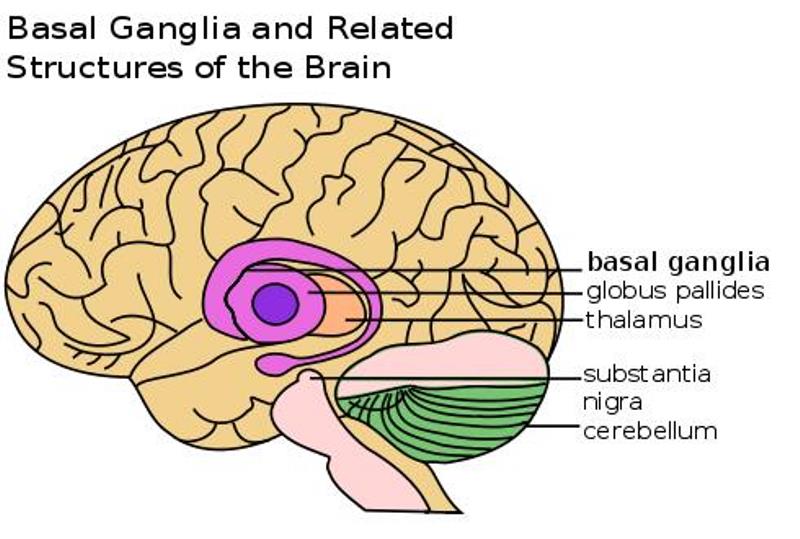
Neurocrine Biosciences has reported negative topline data from the T-Force GOLD study after the trial failed to meet its primary endpoint.
The T-Force GOLD study is a Phase IIb trial that evaluated the safety, tolerability and efficacy of valbenazine for the treatment of pediatric patients with moderate to severe Tourette syndrome (TS).

Discover B2B Marketing That Performs
Combine business intelligence and editorial excellence to reach engaged professionals across 36 leading media platforms.
TS is a neurological disorder that includes rapid, non-rhythmic stereotyped motor and vocal tics.
Results showed that the trial did not meet its primary endpoint of change from baseline as measured by the Yale Global Tic Severity Scale (YGTSS) Total Tic Score at week 12.
It was also found that the treatment-emergent adverse events observed in T-Force GOLD study were similar to those seen in other valbenazine studies.
The YGTSS is used to measure the overall severity of motor and phonic tic symptoms across multiple dimensions such as number, frequency, intensity, complexity, and interference.

US Tariffs are shifting - will you react or anticipate?
Don’t let policy changes catch you off guard. Stay proactive with real-time data and expert analysis.
By GlobalDataNeurocrine Biosciences CEO Kevin Gorman said: “We are very disappointed with the topline data from the T-Force GOLD study given that children and adolescents with Tourette syndrome need better treatment options.
“This study was well-conducted with a placebo response as expected, but the treatment effect of valbenazine was lower than we had anticipated.
“We will further analyse the data to determine the next steps for valbenazine in Tourette syndrome.”
The T-Force GOLD study was conducted in a multicentre, randomised, double-blind, placebo-controlled, parallel group setting.
It saw 127 patients randomised to receive once-daily dosing of valbenazine capsule or placebo over 12 weeks followed by a two-week off-drug period.
The first six weeks of the trial focused on dose optimisation, with dose escalations performed at two and four weeks.





